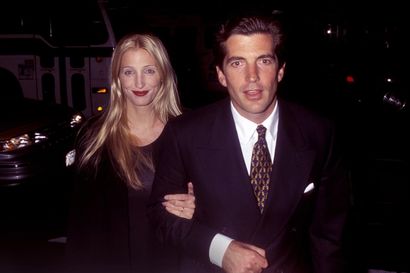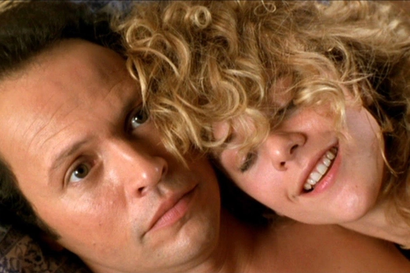The biggest mistakes you’re making when trying to sleep
We called on James Wilson, better known as the Sleep Geek, to debunk some of the most common myths he comes up against — and his top tips for combating them...
Sleep. Everyone needs it. And we spend around one third of our entire lives doing it. It’s an important thing — so why do so, so many of us do it so, so badly? Sure, Margaret Thatcher and Donald Trump may be able to get by on just four hours but, with many research studies and sleep scientists suggesting double that figure is the optimal length of shut-eye, many are left trying in vain for a good night’s sleep.
With everything from smartphone fatigue to the impending judgement day of the RWC final keeping us up at night, it can be no mean feat achieving that holy grail of eight precious hours each night. And, if you’re finding it harder than ever to get a decent dose of sleep, fear not. We called on one of the UK’s leading sleep experts, James Wilson, better known as the Sleep Geek, to debunk some of the most common myths he comes up against, and his top tips for combating them.
Trying to force sleep...
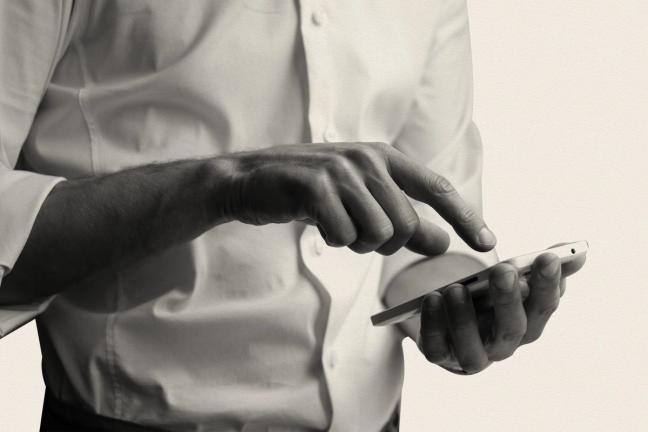
“Those of us who sleep poorly often spend a large percentage of our time in bed desperately trying to fall asleep, squeezing our eyes shut and willing sleep to come,” says James. “Experience tells us this rarely works, and poor sleepers can spend hours in this state, often falling to sleep just before they need to get up.
“This is because our bodies need to have a drop in heart rate to fall asleep; if you are stressed sleep will not come. But as we move towards the time we get up, we start to relax a little and BAM, we fall asleep. To combat this, we need to follow the 30-minute rule.
“If we are in bed for more than thirty minutes and are not asleep, we need to reset our minds. If you sleep alone this can be done in bed but if you share with a partner, their gentle snoozing is mocking and will only add to your anger. To allow our minds to wander and for our heart rates to fall I would suggest listening to something. A spoken word book, a podcast, the radio, music of less than 60 beats per minute, or a meditation app are all great tools for this.”
Not getting ready for sleep before you wind down...
“Many of us will be sat on the sofa, start to feel sleepy, and think ‘right, I am off to bed”’, but then we start doing stuff,” James explains. “We go to put the pets out, lock the doors, fill the dishwasher, brush our teeth, get undressed for bed. All these things are daytime activities and will wake us up. An hour before bed get into your sleep wear and ensure that when you feel sleepy, you are able to toddle straight off to bed.”
Thinking alcohol gives you better sleep…
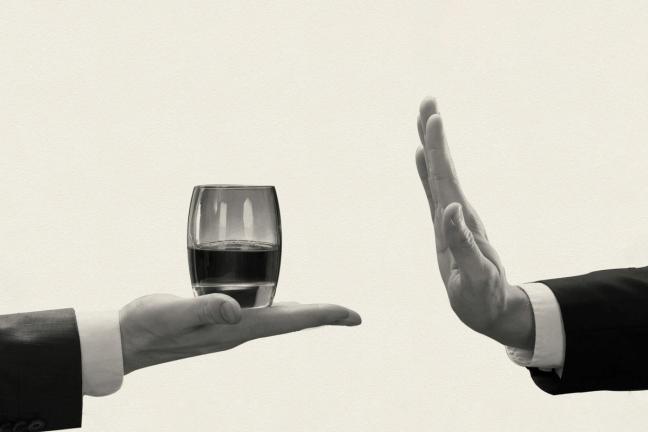
“This is the one I come across all the time,” says James. “Alcohol is not a sleep inducer, it is a sedative (and after about seven hours becomes a stimulant). The sleep we get when we’ve drunk a skinful is of a poor quality and will not leave us refreshed and ready for the next day. As a basic rule: a glass of wine is fine, the full bottle is going to impact on your sleep! If you are using excessive amounts of alcohol to wind down before bed then look at other ways of relaxing yourself such as meditation, or ensuring what you’re watching before bed is relaxing.”
Having a lie in at the weekend...
Many of us do it. It has been a hard week; we go to bed a bit later on Friday night and have a lie in on Saturday morning to ‘catch up’ — but, according to James, for many of us it is this catch up that ruins your sleep during the week. “Basically, that lie-in confuses your body. One of the systems that manages our sleep is Sleep Homeostasis, a sleep pressure, so from the moment you wake up until the moment you fall asleep your body is counting down to sleep time. If you move that wake-up time, then your sleep time moves as well. Many of us believe we need to catch up on our sleep at the weekend, but if we have not met our sleep need, it is not that we necessarily need more sleep, but we need to give our body the chance to have better quality sleep.
“If you sleep for more time at the weekend, those extra hours are not needed and as your body is asleep for longer, we suffer from sleep inertia, often feeling more tired than we did during the week. The solution to this is to try and keep your wake-up time as regular as possible. I am not an evil man; you can have an hour and a half lie in. Any more than that? Your body starts to get confused.”
Going to bed at a time that is not right for your sleep type...
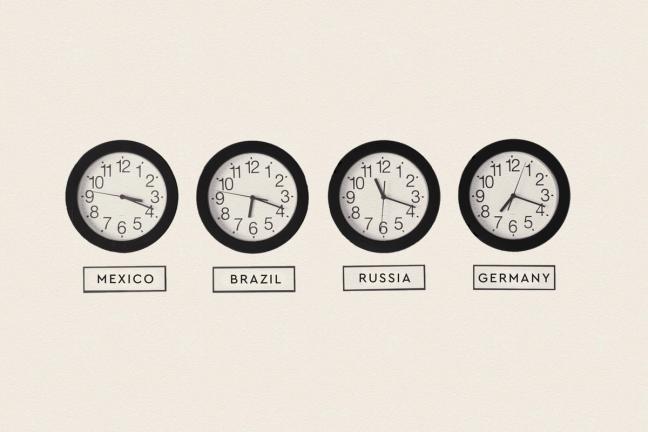
“When it comes to sleep type, we are all different, and sit on a spectrum, with larks (early to bed and early to rise) at one end and owls (late to bed and late to rise) at the other,” explains James. “Your ‘sleep type’ is a window of opportunity, when you are more likely to go to sleep and stay asleep, and from my experience lasts roughly an hour and a half.
“Many of us don’t consider our sleep type when thinking about bedtime, trying to go to bed earlier because we have an early start tomorrow, or going to bed later because we want to watch one more episode of the latest box set. Additionally, you might get owls wanting to get up early to go to the gym, or larks trying to exercise late at night. I would suggest people think about their sleep type, work out what they are and ensure their bedtime and wake up time is, as much as possible, in line with what type of sleeper they are.”
Now you know how to get to sleep, make sure you look good doing it with the gentleman’s guide to sleepwear…
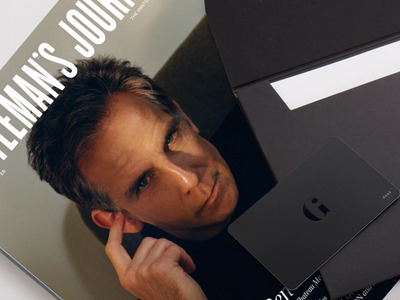
Become a Gentleman’s Journal Member?
Like the Gentleman’s Journal? Why not join the Clubhouse, a special kind of private club where members receive offers and experiences from hand-picked, premium brands. You will also receive invites to exclusive events, the quarterly print magazine delivered directly to your door and your own membership card.

